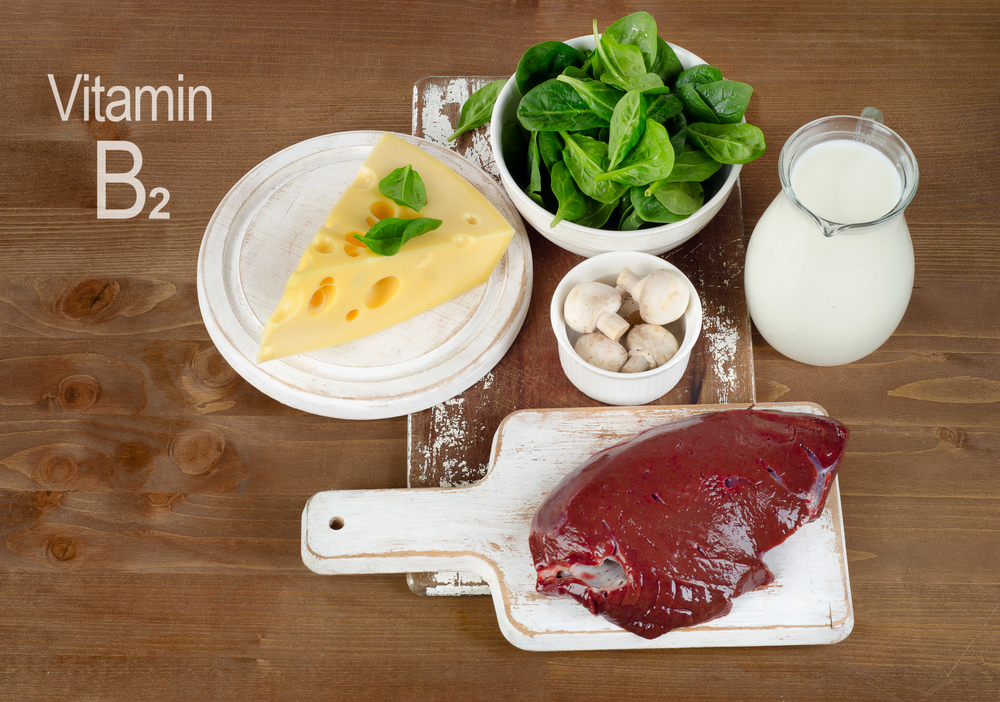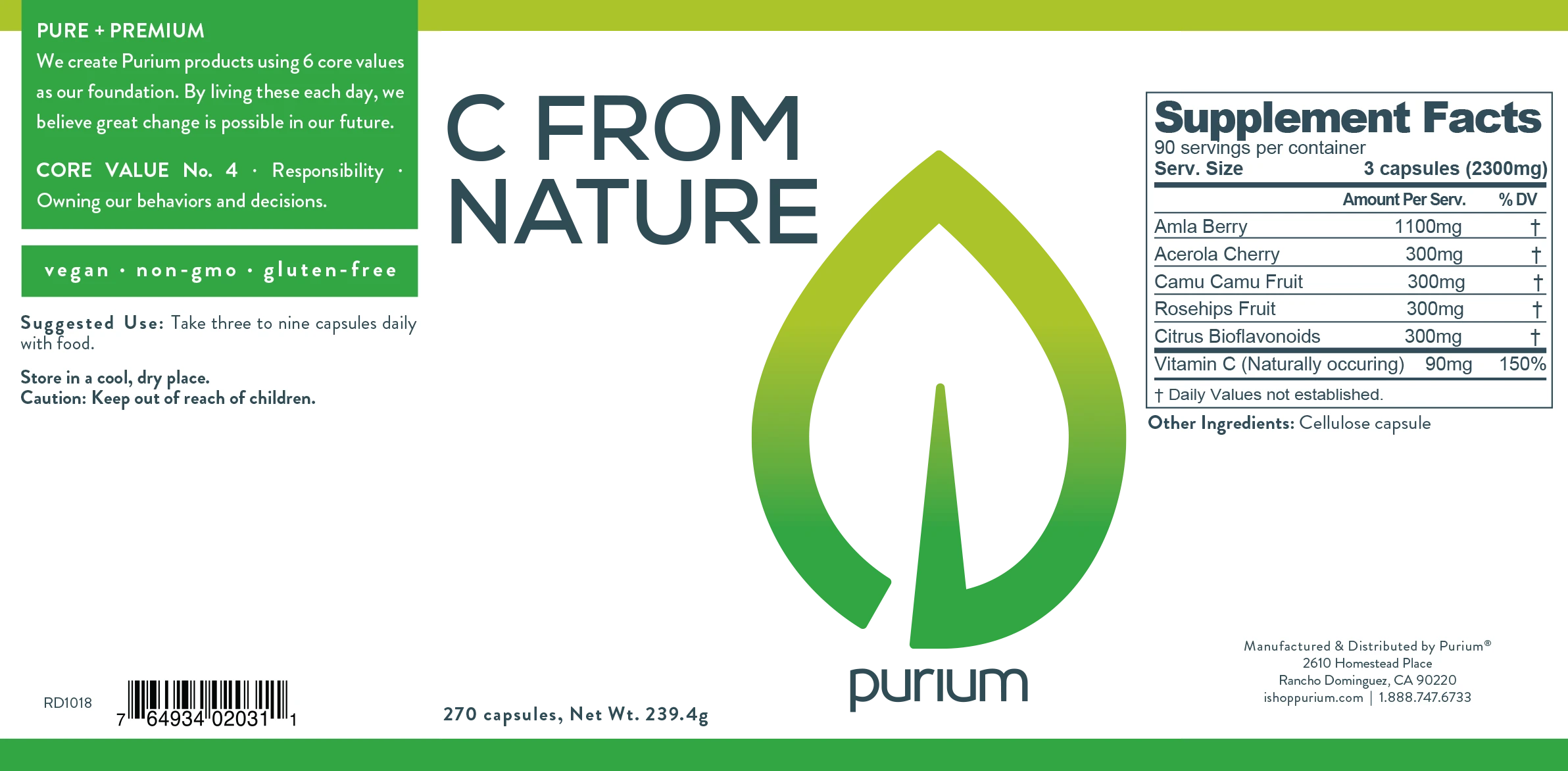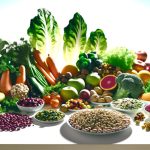Riboflavin is also known as vitamin B2. It is an essential vitamin that your body needs for many body processes. Vitamin B2 is found in food as well as supplemental form. Bacteria in your gut can produce small amounts of vitamin B2 but not enough to get your daily amount. Your body takes in the vitamin B2 that you eat and uses it immediately. Your body does not store this and gets rid of the excess through your urine. This makes it hard for your body to get too much of this vitamin because it will just get rid of the excess in waste.
Foods that are great sources of riboflavin are fish, meat, poultry, eggs, dairy, asparagus, artichokes, avocados, cayenne, currants, fortified cereals, kelp, lima beans, navy beans, peas, molasses, mushrooms, nuts, parsley, pumpkins, sage, sweet potatoes, broccoli, Brussel sprouts, spinach, dandelion greens, whole-grain breads, and yeast extract.
When cooking foods because riboflavin is water soluble the vitamin may be lost in the cooking process. It is best to try and eat some foods raw to get the best source of vitamin B2.
Causes Of Vitamin B2 Deficiency
Deficiencies of vitamin B2 can occur. Especially if your diet is poor. There are two types of deficiencies. The first one being if the deficiency is caused by a poor diet. The second being if the deficiency is caused by another reason such as your body’s inability to absorb vitamin B2 effectively, body unable to use the vitamin, or that it is being excreted too quickly.
Drinking excess alcohol can raise your risk of deficiency.
Anorexia as well can raise your chances.
Being lactose intolerant can cause you to be deficient because dairy products are such a great source of vitamin B2 and if you aren’t eating them could cause you to have lower levels.
Birth control pills can actually stop your body from absorbing vitamin B2 appropriately.
Hypothyroidism can also raise the risk of deficiency.
Signs & Symptoms of B2 Deficiency
Signs and symptoms of a vitamin B2 are cracked lips, dry skin, inflammation in the mouth and tongue, mouth ulcers, red lips, sore throat, scrotal dermatitis, fluid in mucous membranes, anemia, sensitivity in the eyes, and hair loss.
Functions of Vitamin B2
Vitamin B2 helps with lots of different things in the body. It helps break down proteins, fats, and carbohydrates. It aids the body in maintaining the body’s energy supply, mucous membranes in the digestive tract, and a healthy liver.
Vitamin B2 is essential for converting tryptophan to niacin.
It helps keep the eyes, nerves, muscles, and skin healthy.
Vitamin B2 is needed to absorb and activate iron, folic acid, and vitamins B1, B3, and B6.
Some studies have been showing the benefit of vitamin B2 for migraines. It is being used in treating migraines more normally.
It can also be used to help treat acne, and muscle cramps. It may help prevent cancer as well as lower your risk of developing cataracts.
Vitamin B2 helps lower the levels of homocysteine in your body. High levels of homocysteine have been associated with stroke, dementia, and heart attacks. This lowering of homocysteine may also lower the risk of Alzheimer’s disease, Parkinson’s disease, vascular dementia, or epilepsy.
B2 Toxicity
Excess vitamin B2 can happen. It is unlikely for toxicity to occur from it, because your body gets rid of excess and doesn’t hold onto this vitamin. If excess vitamin B2 does occur damage to the liver can happen. If you overtake supplements of vitamin B2 it can turn your urine a bright yellow color.
Vitamin B2 can effect other prescription medications. Always check with your doctor to make sure adding a supplement will not interfere with a medication you are currently taking.
Recommended Daily Allowance
These are the daily recommended amounts of vitamin B2.
- Children ages 1-3 years old need 0.5 milligrams.
- Children ages 4-8 need 0.6 milligrams.
- Children 9-13 need 0.9 milligrams.
- Girls ages 14-18 need 1 milligram.
- Boys 14-18 years old need 1.3 milligrams.
- Women 19 and older need 1.1 milligrams.
- Men 19 years old and older need 1.3 milligrams.
- Pregnant women need 1.4 milligrams.
- Women who are breastfeeding need 1.6 milligrams.
Takeaway
Riboflavin or vitamin B2 is an essential vitamin that helps your body with lots of different processes. It helps maintain energy supply, liver health, and healthy skin. It can be used to help treat migraines, acne, and muscle cramps. Deficiencies can occur especially if your diet is not well rounded. There are lots of foods that have vitamin B2 to get your daily required amount.
Your body doesn't store vitamin B2. It is important to make sure you are getting adequate B2 through your diet. #HealthSurgeon
Sources:
https://www.hsph.harvard.edu/nutritionsource/riboflavin-vitamin-b2/#:~:text=Riboflavin%20works%20to%20reduce%20oxidative,mitochondrial%20abnormalities%20in%20the%20brain.
https://www.webmd.com/vitamins/ai/ingredientmono-957/riboflavin
https://www.medicalnewstoday.com/articles/219561#risks
https://www.verywellfit.com/riboflavin-requirements-and-dietary-sources-2507043
https://www.healthline.com/health/vitamin-watch-what-does-b2-do









